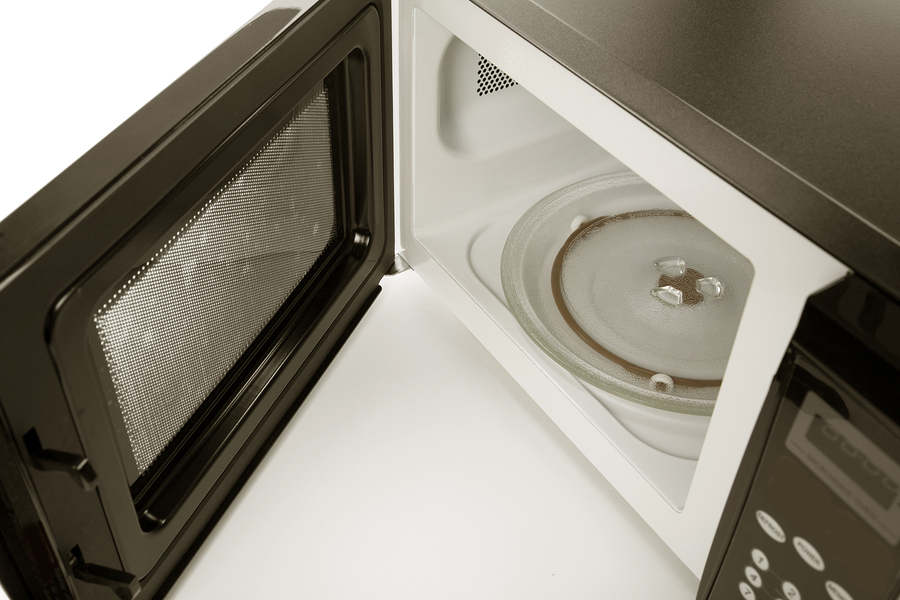That Plastic Container You Microwave In Could Be Super-Toxic
I hope that NONE of my readers are still heating up leftovers in the plastic takeout container they came in (especially after reading the story we recently posted) but in case you are or your loved ones are- stop. NOW. Several of the chemicals in those plastic containers can leach into your food when you heat it– even if you’re using bowls or plates marked “microwave-safe”. That label means they won’t melt or break when heated but it does not mean they’re safe.
The two components in plastics that experts are most concerned about are phthalates and bisphenol-A or BPA. They are often referred to as endocrine disruptors because they can affect estrogen and testosterone levels in humans. They also appear to potentially impact the development of the brain and reproductive organs, in developing fetuses.
When fetuses are exposed to phthalates there are shorter distances between the anus and the scrotum in male fetuses (a shorter anogenital area is considered “a marker for future reproductive and fertility issues) and reduced sperm quality in men.
Exposure to BPA on a developing fetus, has been associated with prematurity, changes in breast and prostate cells, early puberty, obesity, diabetes, and heart disease. In 2012, due to growing concern from public health groups over the potential health risks of BPA, the FDA banned its use in baby bottles and sippy cups.
To therefore reduce your risk, only microwave in glass or ceramic and replace any plastics labeled, “microwave-safe” if its been scratched or if the color has changed. If your food needs to be covered, use a paper towel- NOT plastic wrap. The condensation under the plastic wrap, which could contain phthalates, could drip down into your food. Lastly, if you must microwave your food in plastics, pay serious attention to the numbers and letters (recycling codes) at the bottom of the container. DO NOT USE OLD MARGARINE OR LUNCH MEAT CONTAINERS.
But before you take a deep breath and relax, those chemicals aren’t just found in some plastic containers. An analysis of 455 common plastic products, including ones that are supposed to be BPA-free, found that 70% tested positive for estrogenic activity and that number went up to 95% when the plastics were heated in the microwave.
Take serious care with how you reheat your food. I have a friend who at one point couldn’t afford a microwave and learned to reheat on the stove. Now with hot plates and toaster ovens becoming more popular and accessible, you don’t even need a microwave- just a bit of extra time.
Source: Time












